The Problem of Fudging Rest Hours on Ships: Reasons & Solutions
Before I start, I would like to narrate one of my first-hand experiences that took place in a Latvian port.
My ship (An oil tanker) had berthed safely around midnight and soon after the ship was cleared by the port authorities, the duty AB announced the arrival of the shell vetting inspector. I was surprised to see him at such odd hours. He informed me that since he had to travel to another port immediately after the vetting of my ship, he couldn’t resist calling on us at such an ungodly hour. He then gave me his plan of inspection and asked for the chief officer. I requested him to start with other departments, as the chief officer was resting for his forthcoming cargo discharging operation. But he did not relent and insisted on seeing him with records. I refused to wake up the chief officer who had been busy the entire day and the inspector walked off the ship after heated arguments.
This is not an isolated incident and especially on oil / chemical tankers this is a very common feature. In ports with long pilotage, ships are often exposed to dangers of navigation and errors in judgment by overworked and fatigued deck and engine officers/crew, when unannounced inspections take place.
So where does it leave us with rest hours of the ship’s crew and the master?
Today most of the ship’s crew is familiar with the rest hours, its implementation and the dangers to the vessel and its crew in case of violation. Yet this exercise of violating rest hours has remained limited to flawless paper work in order to pass several inspections.
Who is responsible for the violation of rest hours?
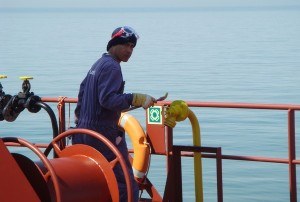
Is there a solution to this problem?
Yes, the management of rest hours of the crew and the master can be very systematically managed on board if all interested parties right from the ship owner/ship manager to the master and crew are serious enough to implement them.
Before I offer my suggestions on solving this problem, we will have to understand how this system works on board ships belonging to different companies. Having worked with several shipping companies and following different rest hour programs on my ships, I think I am in a position to point out towards the various flaws in the system and how they can be corrected.
Let’s see 3 of the most common cases related to rest hour management on ships:
Shipping company A: Each crew and Master fills in his own rest hours at the end of days’ work in an automated system, where at every half hour of the clock beginning 0030 hours, he marks a “X” for the work done during that particular half hour. System shows a red block or bar where rest hours get violated. The head of the department (HOD) is responsible for giving adequate rest hours to the affected crew and the master checks the rest hours daily to see if any violations have been corrected or not. At the end of the month, rest hours of each crew is printed, signed by the respected crew, HOD, and master and then filed. Here I would like to point out that individual rest hours on the computer can be accessed by the respected crew or the master only.
Shipping company B : Rest hours in the same pattern as above exist on papers only and not in soft copy. Ideally, crew must put a cross at each worked hour block and in case of violation inform his HOD for corrective action. At the end of the month all paper forms are collected signed by each crew, HOD and Master and filed. There are no automatic visible red blocks generated here.
Shipping company C: A similar program used as above in soft copy with warning red blocks but can be accessed only by HOD and master. Crew presents their Over time (OT) books to the HOD who fills the worked hours on behalf of the crew. When warned by the red blocks corrective action are taken as deemed necessary by him. At the end of the month all the printouts are signed by the crew, HOD, and the master.
So as you can see, we have a perfectly visible, transparent and systematic system in place in all above cases.
Yet there are violations of rest hours, practically on most ships and the only corrective action followed on board is FUDGING OF REST HOURS, leaving the crew extremely fatigued, overworked, anxious and in an intoxicated like situation due to lack of sleep.
Why are rest hours fudged on board?
Perhaps we all know the answer to this, and yet are too afraid to discuss in the public. Instead, let’s catch the bull by its horns and face the truth; possibly the outcome may turn out in favor of the seafaring community.
Below are the main reasons for rest hours fudging on ships:
1. Short manning or ship owners restricting crew to numbers as per minimum manning certificate. This naturally puts additional workload on crew and additional hours are worked to meet the deadlines.
2. Ship owner / Manager intending to retain the commercial viability of ships to keep them in business in a competitive market. Any rest hour violation can lead to ship arrests, forced rest to crew by port authorities and gives bad name to the shipping company.
3. Rest hours supported by ship owner / manager but wrong feedback from master who is possibly aiming for some award / reward for exemplary commercial operations of his vessel.
4. Threat to crew/apprentices from Master / Officers to settle personal scores (In rarest of rare cases).
5. On board family responsibilities leading to improper rest hours. Not covered by any of the above four points.
Apart from those mentioned above, there can be many other reasons as well for fudging of rest hours on board ships. The point is, this practice is extensively used on board ships around the world.
Is there a solution to this problem?
As we discuss the solutions to this problem, I would want to give a note of caution (mentioned below) to the Port authorities and various ship inspectors when boarding ships for inspections. I would also recommend Flag states to consider the minimum option in the Minimum manning certificates, based on the type and trade of the vessel. Together their actions, to a large extent, may eradicate this problem.
Port authorities and ship inspectors should not succumb to the pressures of the shipping industry and their peers. They should consider the following prior to approval of the rest hours presented to them by the ship’s crew.
1. The trade pattern of the ship in relation to number of operations a vessel has done, ports called, inspections carried out, stores / provisions received and incidents/ accidents on board during previous month. This will give them a fair clue to any fudging of rest hours.
2. Check the manning and minimum manpower required for any operation conducted on board.
3. Credibility of Ship owner / Manager in the shipping industry.
4. Check ITF data base for crew complaints against working conditions.
5. Breakdown frequency of ship machinery and man-hours sent related to them.
6. Check invoices and ascertain paint consumed during previous month to check man-hours required for ship maintenance.
7. A careful check of ship and crew certificates.
8. Check the Crew wage sheet and check the overtime (OT) paid to the crew.
9. Check if the rest hours have been filled on computer or by hand.
My recommendation to the Ship’s crew and the Master
1.Irrespective of the pressures on you from any of the factors discussed above, don’t fudge the rest hors. They are designed keeping your health and safety in perspective. Today the shipping industry needs us more than we need them. Please also note that fatigue is a direct result of loss of sleep.
2.Overtime (OT) paid to the crew should be in sync with the rest-hours sheet. A lot many masters have faced the heat of inspectors on account of excess OT paid to their crew.
3.In case you had a very hectic schedule in the past 24 hours, anchor your ship for a few hours at a safe anchorage and give adequate rest to your crew before proceeding on your next voyage. This may sound as a difficult decision but several ship masters these days exercise this option.
I quote the following lines, courtesy, A Williamson and A. Feyer:
Moderate sleep deprivation produces impairments in cognitive and motor performance equivalent to legally prescribed levels of alcohol intoxication.
Please refer here for a full understanding of the impact of loss of sleep.
Latest Ship Safety Articles You Would Like:
Do you have info to share with us ? Suggest a correction
Subscribe To Our Newsletters
By subscribing, you agree to our Privacy Policy and may receive occasional deal communications; you can unsubscribe anytime.
Web Stories

About Author
Capt.Pankaj Bhargava is a Master Mariner who retired from active sea life in the year 2012. He has sailed on almost all types of vessels in a career spanning more than 35 years. Presently teaching in Maritime institutes and loves writing for e-magazines for the benefit of seafaring community.





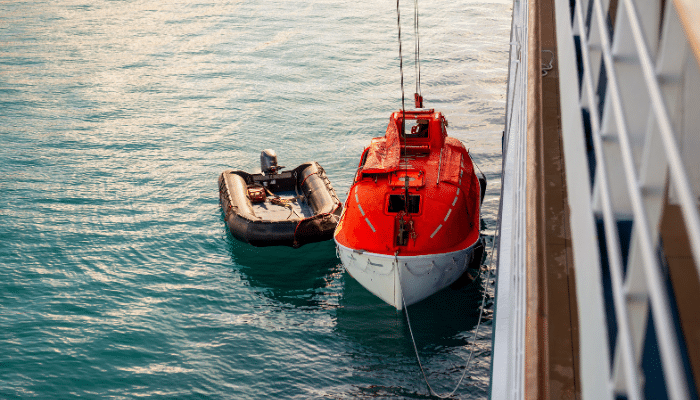

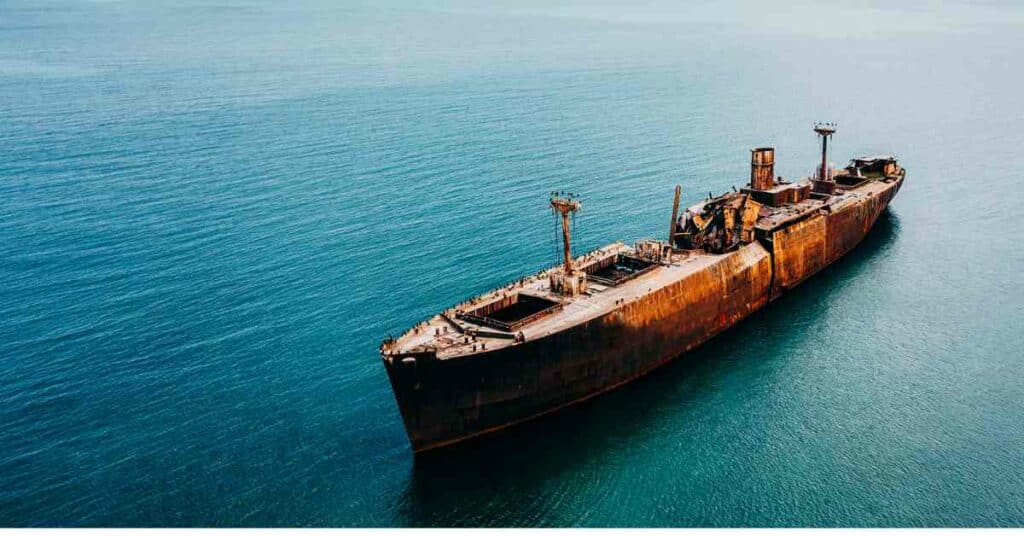



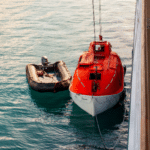





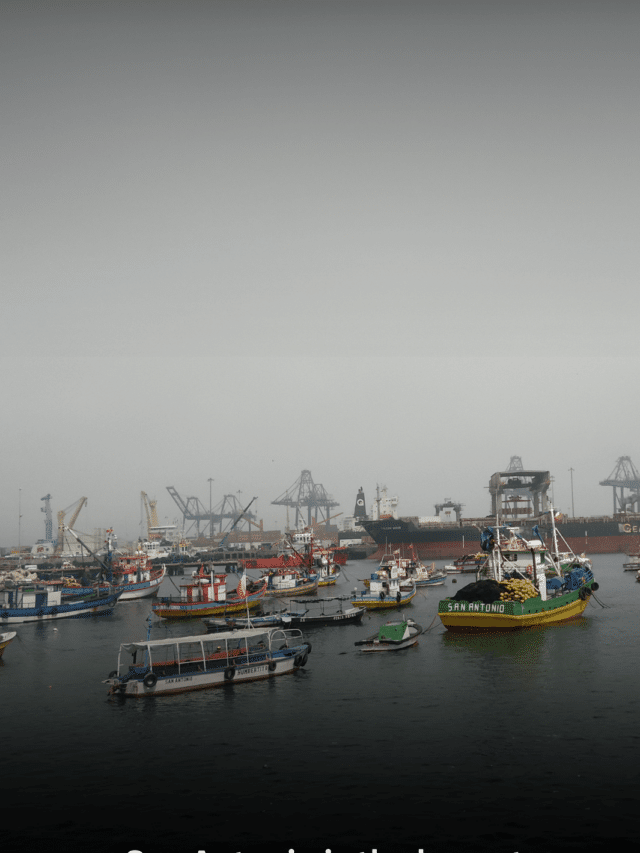


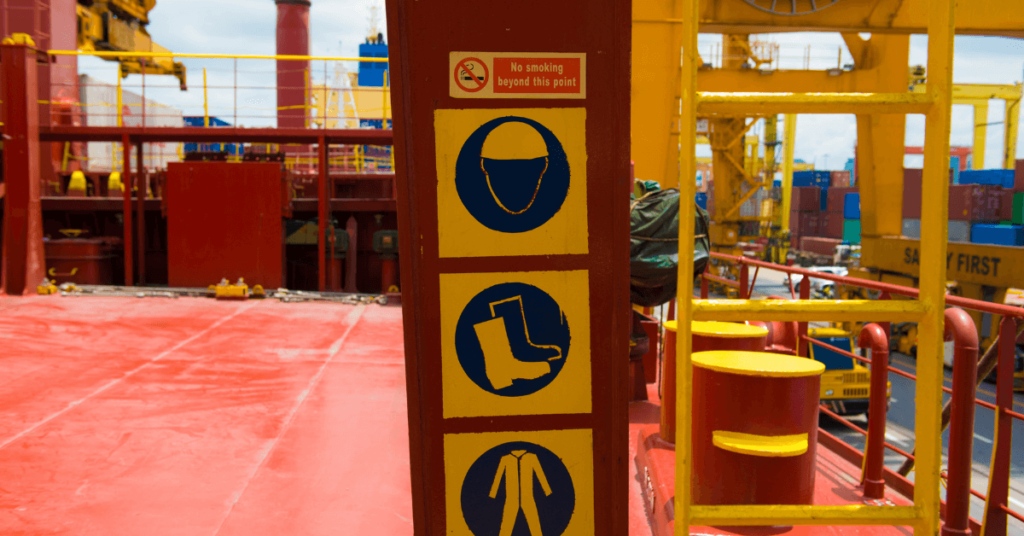



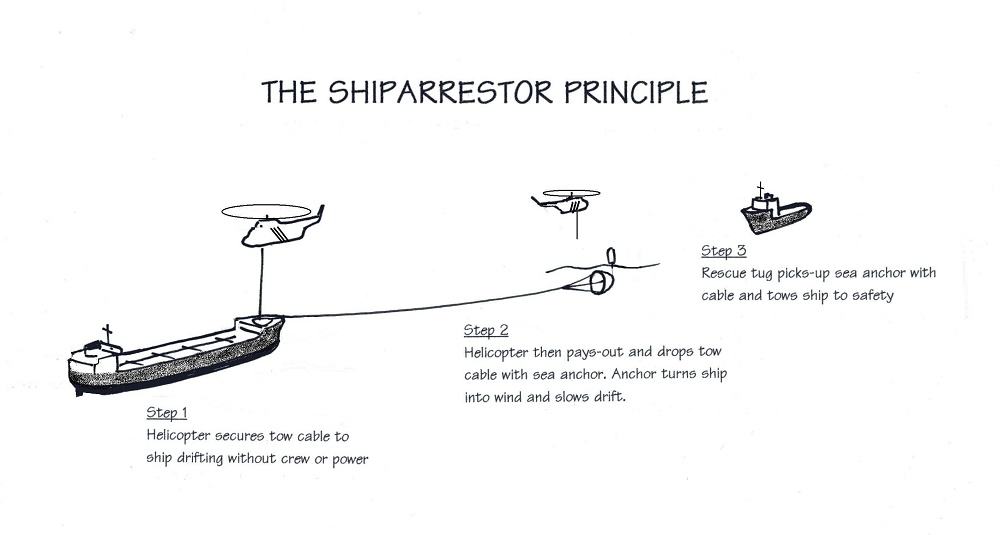
I cannot agree more!
Having been a cadet myself, I was forced to quit sea service owing medical complications that had developed due over-working. My captain was a kind man and had warned me that violating my rest hours was not going to earn me medal. I wish I had listened to him!
However, having settled down ashore, I wanted to highlight the attention of the author to a particular suggestion that was made in this article
”In case you had a very hectic schedule in the past 24 hours, anchor your ship for a few hours at a safe anchorage and give adequate rest to your crew before proceeding on your next voyage. This may sound as a difficult decision but several ship masters these days exercise this option”
I am currently handling the post fixture operations of a broking firm and from my experience so far, I am not sure if the above suggestion would be economically viable in most cases. With due respect and without any prejudice, I had been associated with vessels which were invariably on a tight laycan, so much that even picking up bunkers would have to be planned carefully. Not to forget that the operating expenses of the vessel is always an element of concern.
I shall be grateful if you could kindly elaborate on how this could be implemented in the present day scenario where officers are always required to be on their toes.
Thanks and regards
Krishna Ramnarayan
Good time of day!
Regarding fudged rest/work hours. That is exactly what vetting is to check, i.e. irregularities between records and actual time. The question formulated under this heading is whether all personnel maintain hours of rest records, not how many hours of rest has master or chief officer on any given day. The tenor of the explanation note is that Administrations require accurate daily records of work and rest hours, which must be reviewed and checked against actual operations as recorded in various log books. Irregularities, i.e. contradictions between hours actually worked (verified against log books) and work/rest hours as recorded must be regarded as observations.
So let inspector read this item carefully and then one part of reasons for fudged rest/work hours will be eliminated by itself, because actually it does not serve to any better tradability of vessel just to the contrary.
As to the first lines of your post, re: shall vetting insistance on c/o to be up and to answer his questions, just provide necessary feedback on feedback form to your company vetting dept. and I’m sure that inspector will never again do any vetting for shell.
Oppose them! Don’t be a scape goat! Read explanation notes and questions carefully and demand all irrelevant remarks to be removed from observations! Be active and pro-active. That is the only way!
haha this is only paper work , actually we dont get proper rest,,,, specialy when we work on container ships, always busy and the and the crew dosnt fill the actual rest hours if they up date there proper rest hours the company will sack him and the capatain or chife will screw him left and right thats is the truth hahaha THIS ALL BU**SH*T NO ONE WILL UNDERSTAND THE SEAFAIRES
Nice article. Indeed it is true that rest hours are sometimes violated. The nature of shipping has become so hectic and every minute, now counts. Every drop of oil has to be accounted for. I, as a Chief engineer for last 8 years, DNV (ISO 9001:2008) auditor and automation engineer, having sailed in oil, Chemical, Bulk etc, virtually all kinds of vessels, feel increasing manning or at least manning every rank is of up most importance. Anchoring for some time may not be possible in this day and age to give rest.
Very well written/said Capt Pankaj. The interesting thing to change here is the ‘intent’. If the ship manager just assumes that MLC/STCW rest hour requirements cannot be met, then the instruction to master is simple – please fudge.
A well managed situation takes a software into consideration which helps plan the work to avoid NCs. Compensatory rest is provided and tracked by the system to ensure that even if the rule had to be broken the seafarer gets rest later to break the fatigue cycles.
We provide software for managing rest hours and so many managers I speak to are only looking for ways of fudging the data rather than working on getting the crew rested and the ships operated with higher level of safety.
Are You realy been on board of any ship? Rest and work hours for Master????? Master working 24/7. Master working when slip. If not woring 24/7 hi is not Master. Rule Master to have pice of paper with rest and work hours is bigest bolshits made from suits from IMO. This idiots can’t nderstood that ship is not office. We working when need work and taking rest when is possible.
What about shore Leave?. Is it calculate as a work or rest hours? I think this is also too important
@Cliford: Shore leave will not be considered under work hours.
I am working as 2nd mate on feeder container vessel trading between China and japan.
There is no way that I can keep my rest hour non violated no matter how much I try to adjust with it.
In japan the arrival is only in morning hours which means I have to wake up usually in about 2-3 hours of my morning watch for mooring and then after berthing I have to send multiple arrival reports, prepare the charts for nxt voyage( as IMO lives in a fiction that vessels less than 10k GT do not require ECDIS).
The port stay in Japanese port is about 2-3 hours which again makes me wake up and go for unmooring and then I have to send departure reports take lunch and do the 12-1600hrs navigation watch or some time it’s already a time for next port of arrival (as some ports are very close)then again go for mooring.
With all due respect Capt. Bhargava keeping the container vessel on any delay to cover up the NC’s is not pleasant for anyone from owners to charterers as time is money for containers.
This is the situation of every vessel trading in the area of Korea- China-Japan.
@Deepak: That is the harsh reality. The crew of feeder container vessel is very vulnerable due to the short run time of the ship.
Docking in Ho Chi Min, Vietnam at 0700H after a 6-hour channeling the night before on a heavy lift vessel with 12 crew including Master, PSC officer came on board wanting to inspect the vessel. After explaining to him that vessel was just inspected from last port which is also within the same region Tokyo MOU, he still insisted. I argued that my crew and myself specially have no decent rest and if inspection will push through, we will violate work/rest hours regulation. PSC officer threatened to detain the vessel for refusal to cooperate. To my dismay and frustration, we cooperated and after completion of inspection in the afternoon, vessel s ready to sail as we discharged only a few machines in this port. I asked the agent to give us a few hours to rest as we will be channelingagain for another 6 hours before putting out to sea. The agent advised that term I so will charge delays to vessel as the berth is scheduled for another vessel. We were forced to accept our fate and sailed out like zombies.
Now the only question we need to answer with firm honesty is that “who is willing to pay for delays, wharfage, etc. ” if we really want this regulation to be followed spot on. After 13 years as Master, I have not actually seen a vessel who did not violate the work/rest regulation. We can only assure our crew that we will more than compensate them when everything settles down and vessel is out at sea and hope to God that nothing untoward happens in between.
The most illogical part is the 6 on 6off routine person can never get continuous 6 hrs of rest in this routine and this routine can go on for days in the software programme without any red flags. There should be a stringent regulation as to max how many consecutive days can one do the 6 on 6 off routine. Secondly a major part of the problem can be solved by having an additional officer it can be a jr. Officer with a lesser salary but thw burden will surely lessen up. Now a days its majorly deck side that has violations as moat of the ships are ums for e/r department giving them flexibility to plan the rest which is not the case with deck watchkeepers. Companies are being penny wise pound foolish in reducing the manning as one wrong incident and it will cost them much more than giving the salary for additional manpower.
Thank God I am retired from all this bulls*#t. In the 48 years that I was at sea (1971-2019) 24 years as Chief Engineer,I experienced a lot of changes in the industry. Reduced manning levels and turnaround time in port being the main cause of fatigue. Port State and other inspections often infringe on the crews Hours of Rest. These factors are well known but rarely addressed. The truth is that the Owners and all relative authorities pass the buck until it stops with the crew to Fudge the figures. This nonsense will only stop whe relevent fines are put in place. When the bulls#*t stops then we can say the fatigue will also stop.